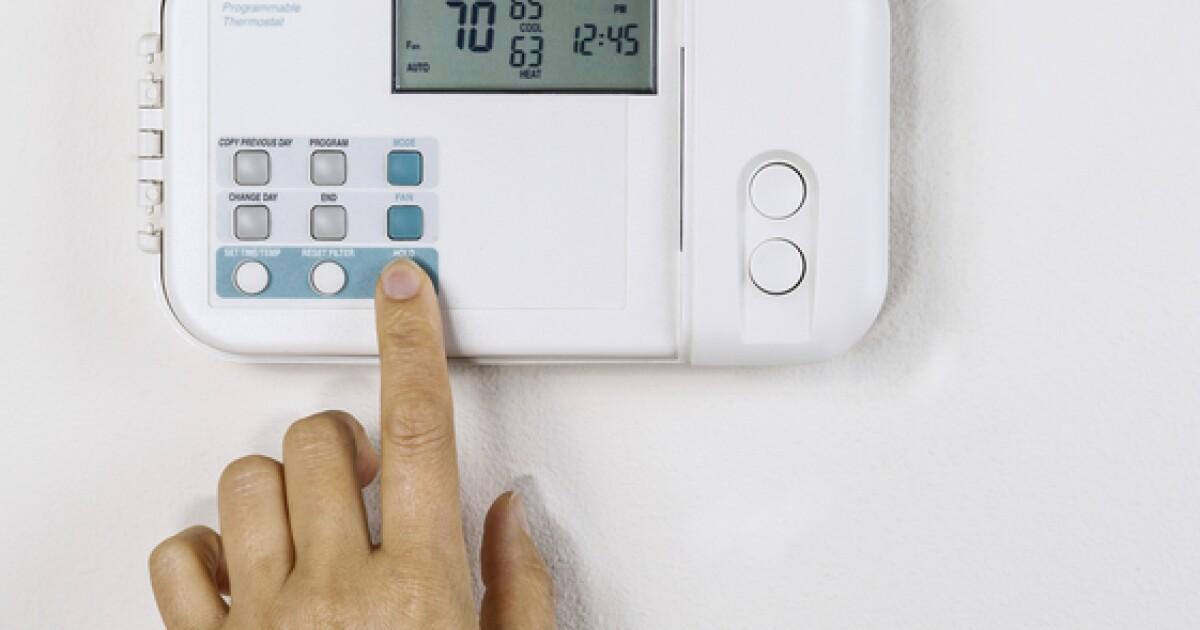In today's fast-paced world, where convenience and efficiency are paramount, the concept of Smart Home Hvac Control has gained significant traction. Among the myriad of smart home technologies available, HVAC (Heating, Ventilation and Air Conditioning) control systems stand out for their ability to enhance comfort, energy efficiency and convenience. This comprehensive guide explores the transformative power of smart home HVAC control systems, focusing on how they bring effortless comfort to modern living spaces.
Understanding of Home HVAC Control Systems:
Automated home HVAC control systems integrate cutting-edge technology to regulate indoor climate control. Unlike traditional thermostats, which offer limited functionality, smart HVAC systems leverage sensors, algorithms, and connectivity to provide precise temperature and humidity management. These systems offer users unprecedented control over their home's heating and cooling, allowing them to create personalized comfort settings tailored to their preferences.

Benefits of Smart Home HVAC Systems:
- Enhanced Comfort: Smart HVAC systems enable precise temperature and humidity control, ensuring optimal comfort year-round.
- Energy Efficiency: By intelligently managing heating and cooling, these systems reduce energy consumption, leading to lower utility bills and environmental impact.
- Convenience: Remote accessibility via smartphone apps allows users to adjust settings from anywhere, at any time, providing unparalleled convenience.
- Improved Air Quality: Some smart HVAC systems include air purification and filtration features, promoting healthier indoor air quality.
- Intuitive Interface: User-friendly interfaces and customizable scheduling options make it easy to program and manage HVAC settings.
How Smart HVAC Control Systems Work:
Smart HVAC control systems utilize a combination of sensors, algorithms, and connectivity to monitor and regulate indoor climate conditions. These systems typically consist of:
- Smart Thermostat: The central component that communicates with HVAC equipment and collects data on temperature, humidity and occupancy.
- Sensors: Distributed throughout the home to gather real-time environmental data.
- Connectivity: Wi-Fi or Bluetooth connectivity enables remote access and control via smartphone apps or voice assistants.
Key Features to Look for in a Smart Home HVAC Control System:
- Compatibility: Ensure compatibility with your existing HVAC equipment.
- Remote Access: Smartphone app compatibility for remote control.
- Scheduling: Customizable scheduling options for automated temperature adjustments.
- Energy Monitoring: Track energy usage and receive insights for optimization.
- Integration: smooth interaction with additional smart home platforms and gadgets.
- Geofencing: Automatically adjust settings based on user location.
- Voice Control: Compatible with widely used voice assistants to enable hands-free use.
Installation and Setup Process:
Installing a smart HVAC control system typically involves the following steps:
- Compatibility Check: Ensure compatibility with existing HVAC equipment.
- Installation: Follow manufacturer instructions to install the smart thermostat and sensors.
- Connectivity: Connect the smart thermostat to your home's Wi-Fi network.
- Configuration: Use the accompanying smartphone app to configure settings and preferences.
- Testing: Verify proper functionality and connectivity with HVAC equipment.
Compatibility and Integration with Existing Systems:
Most automated home HVAC control systems are designed to be compatible with a wide range of HVAC equipment, including central heating and cooling systems, heat pumps and ductless mini-split systems. Additionally, many systems offer integration with popular smart home platforms such as Amazon Alexa, Google Assistant and Apple HomeKit, allowing for seamless interoperability with other smart devices in the home.
Cost Considerations:
The cost of a home HVAC control system can vary depending on factors such as brand, features, and installation complexity. While basic models may start at around $100, more advanced systems with additional features and compatibility options can range upwards of $500 or more. It's essential to consider the long-term energy savings and convenience benefits when evaluating the cost-effectiveness of investing in a smart HVAC control system.

FAQ's:
Can I install a smart HVAC system myself, or do I need professional installation?
While some users may feel comfortable installing the system themselves, professional installation is recommended to ensure proper setup and compatibility with existing HVAC equipment.
Will a smart HVAC control system work with my existing thermostat wiring?
Most smart thermostats are designed to work with standard thermostat wiring found in most homes. However, it's essential to check compatibility before purchasing.
Can a smart HVAC control system help me save on energy costs?
Yes, smart HVAC control systems can optimize energy usage by adjusting temperature settings based on occupancy patterns and environmental conditions, leading to potential energy savings.
Are smart HVAC control systems compatible with renewable energy sources such as solar panels?
Some smart HVAC control systems offer integration with renewable energy sources, allowing for more efficient and eco-friendly operation.
Conclusion:
In conclusion, smart home HVAC control systems represent a significant advancement in home comfort and energy efficiency. By leveraging advanced technology and connectivity, these systems offer users unprecedented control over their indoor climate, enhancing comfort, convenience, and sustainability. Whether you're looking to reduce energy costs, improve air quality or simply enjoy greater control over your home's temperature, investing in a smart HVAC control system is sure to elevate your living experience. Embrace the future of home comfort with a smart HVAC control system and relish effortless comfort like never before.
